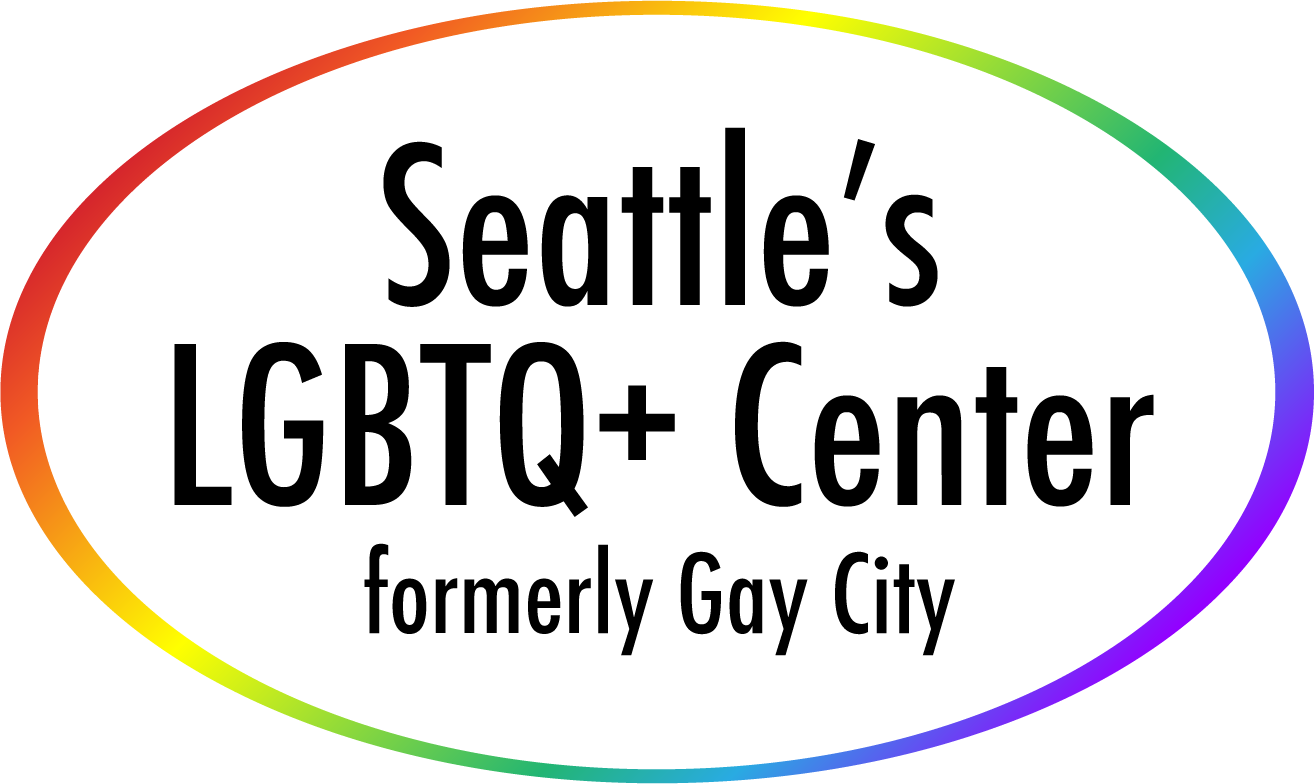
6 LGBTQ+ Books For Black History Month
Like all of the 9,000+ books in our library, they are free to check out at any time.

1. Black Women’s Health Book: Speaking For Ourselves
Edited by Evelyn C. White
This volume contains a collection of 41 writings by and for black women about health–physical, emotional and psychological. The contents range from personal essays on how to deal with high blood pressure and memories of incest to a poem posing the question: “Have you ever considered suicide?” There are also interviews with midwives and community health advocates, as well as journal passages detailing the challenges of living with lupus. Edited by White, the book covers the vast spectrum of the Black woman’s health experience as patient, healer and witness.

2. The Collected Poems of Langston Hughes
By Arnold Rampersad and David Roessel
Spanning five decades and comprising 868 poems (nearly 300 of which have never before appeared in book form), this magnificent volume is the definitive sampling of a writer who has been called the poet laureate of African America–and perhaps our greatest popular poet since Walt Whitman. Here, for the first time, are all the poems that Langston Hughes published during his lifetime. They are arranged in the general order in which he wrote them and annotated by Arnold Rampersad and David Roessel.

3. One More River To Cross: Black & Gay In America
By Keith Boykin
Against a backdrop of civil rights and the black experience in America, Boykin interviews Baptist ministers, gay political leaders, and other Black gays and lesbians on issues of faith, family, discrimination, and visibility to determine what differences — real and imagined – -separate the two communities. Boykin points to evidence of African and precolonial same-sex behavior, as well as figures like James Baldwin and Bayard Rustin, to dispel the myth that homosexuality is a “white thang,” while his research suggests that blacks are less homophobic than whites, despite the rhetoric of rap and religion. With stories from his own experience as well as that of other black gays and lesbians, Boykin targets gay racism and Black homophobia and suggests that conservative forces have substituted the common language of racism for homophobia in order to prevent a potentially powerful coalition of blacks and gays.

4. Redefining Realness
By Janet Mock
In 2011, Marie Claire magazine published a profile of Janet Mock in which she stepped forward for the first time as a trans woman. Those 2,300 words were life-altering for the People.com editor, turning her into an influential and outspoken public figure and a desperately needed voice for an often voiceless community. In these pages, she offers a bold and inspiring perspective on being young, multicultural, economically challenged, and transgender in America.

5. Talking Black: Lesbians of African And Asian Descent Speak Out
Edited by Valerie Mason-John
An anthology of writings by lesbians of Black or Asian descent living in Britain. This is a critical study of the co-existence of the two communities. Topics discussed include coming out, domestic violence, relationships with white women and the contributions of black lesbians to the gay scene.

6. The Will To Change: Men, Masculinity, And Love
By Bell Hooks
Everyone needs to love and be loved — even men. But to know love, men must be able to look at the ways that patriarchal culture keeps them from knowing themselves, from being in touch with their feelings, from loving. In The Will to Change, bell hooks gets to the heart of the matter and shows men how to express the emotions that are a fundamental part of who they are — whatever their age, marital status, ethnicity, or sexual orientation.
